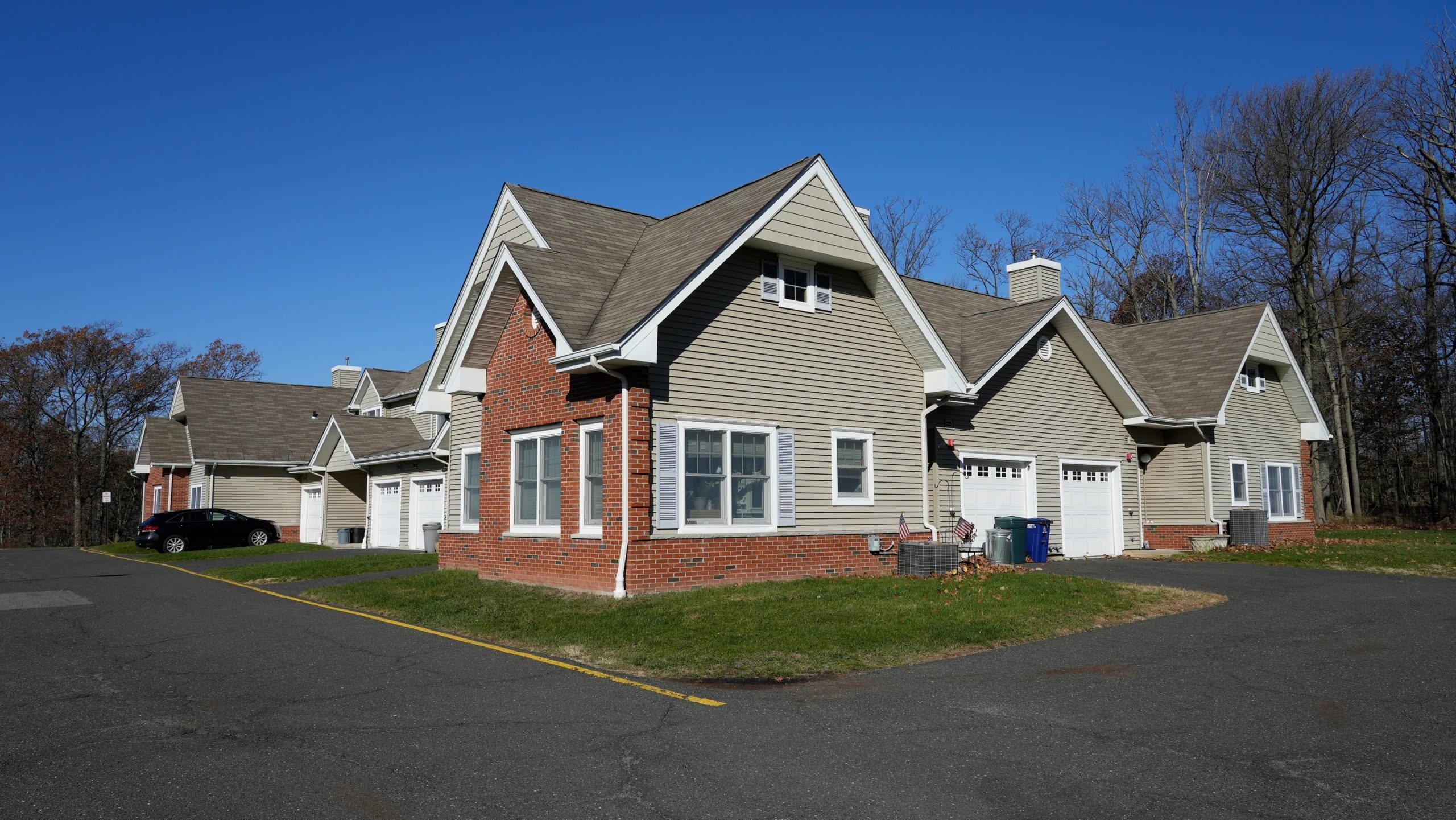New Jersey Governor Phil Murphy took a significant step in addressing the state’s housing shortage by signing a law to expand affordable housing options across the state.
However, despite the legislation’s positive intentions, its impact might not be felt for several years, leaving low—and middle-income families waiting for relief.
Proponents of the new law believe it will effectively tackle the housing crisis by empowering municipalities to assess their fair housing obligations and establish a systematic approach to creating new affordable homes.

State Senator Troy Singleton, a key sponsor of the legislation, emphasized that the law will provide municipalities with the tools to address present and future housing needs in a timely and predictive manner.
However, not all lawmakers are convinced of the law’s benefits. New Jersey Republican State Senator Declan O’Scanlon expressed concerns that the legislation could exacerbate existing challenges and lead to further increases in property taxes, which are already among the highest in the nation.
O’Scanlon criticized the law for mandating levels of affordable housing that many communities, particularly suburban ones, may struggle to sustain. One of the main points of contention is the ambiguity of the guidelines and the potentially unrealistic targets set by the law.

O’Scanlon pointed out that towns could be required to construct an unfeasible number of new units, including a significant portion designated as affordable housing. Building experts echoed these concerns, highlighting the practical difficulties of meeting such ambitious goals.
Under the new law, the state Department of Community Affairs will establish calculations of municipalities’ affordable housing needs, with disputes to be resolved through a new dispute resolution program overseen by the courts.
The law encourages the construction of senior housing units and offers incentives for expanding affordable housing near transit hubs and supermarkets.
While the law represents a proactive approach to addressing New Jersey’s housing challenges, its implementation and long-term effects remain subjects of debate and scrutiny.
The delicate balance between housing affordability and sustainable community development will likely continue to shape discussions around housing policy in the state for years to come.

